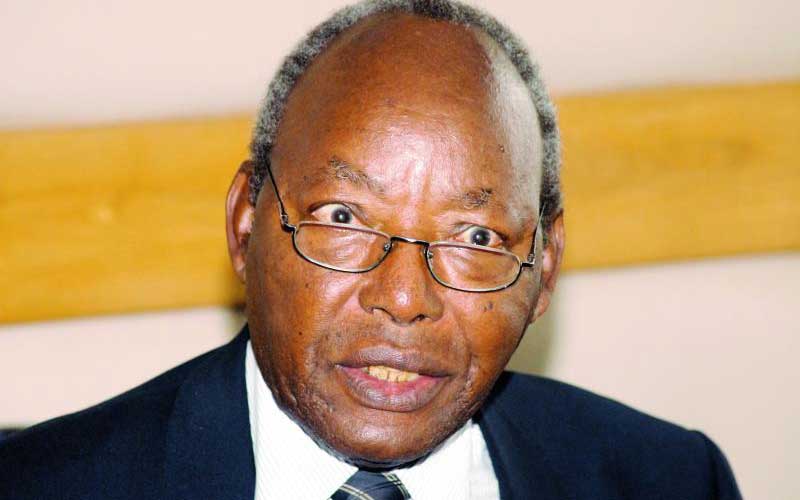×
The Standard e-Paper
Kenya’s Boldest Voice

The late John Michuki. [File, Standard]
Few public officers in Kenya’s post-independence era left a remarkable track record of efficiency and stubborn implementation of the law than the late Cabinet Minister John Njoroge Michuki.